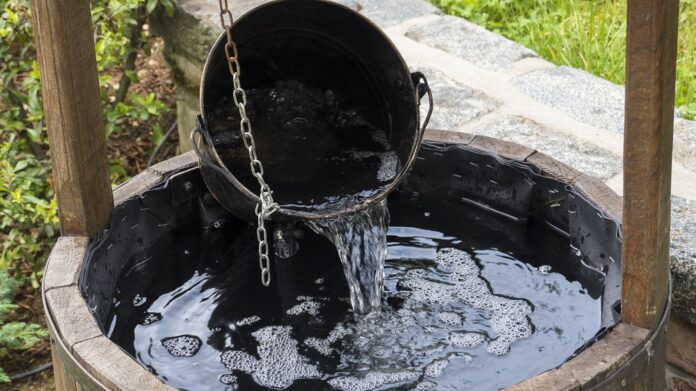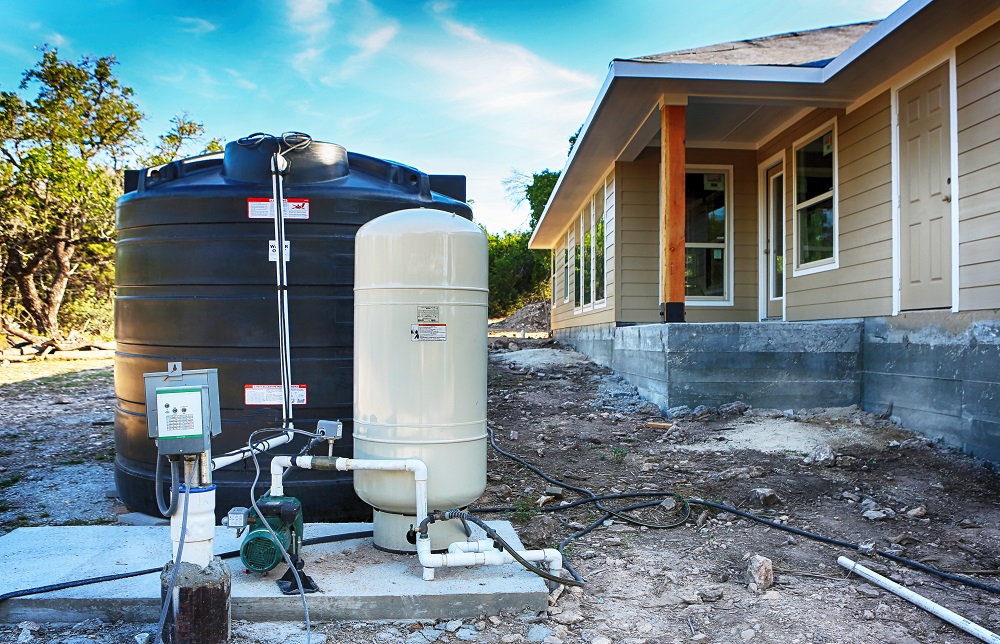A house with a well is usually filled with uncertainty since most people don’t know what to do with it. Some are even afraid of buying a home relying on well water for supply. But in reality, a well offers plenty of benefits if used properly. This can be an asset for you in the long run if you learn how to manage it.
Must-Knows About Your Well
While it might not be common, having a home with a well can prove to be advantageous for you. This article will discuss the things you should know if you’re looking to own a house with the said feature.
1. Ask If The Well Is Privately Owned
The first thing you should do is to check if the well is private or shared with other homes in your area. If it’s private, your household will be entitled to use it for water supply. But if it’s shared, you may have to allocate it with your neighbors.
A private well provides more benefits than a shared one because if you’re the only household using it, you don’t have to worry about running out of water to use. You can even install a system that’ll help you maximize well water production. Check out https://www.eppwellsolutions.com/ and other well water solutions providers in your area to learn more about these well systems. More importantly, you don’t have to fret about fighting with your neighbors about how the well should be utilized if you’re using a privately-owned well.
Nonetheless, a shared well also has its benefits. For example, you don’t have to shoulder all the maintenance and repair costs in case there’s an issue with it. Either way, it’s best if you know whether the reservoir should be for everyone or not.
2. Test Well Water
Many individuals don’t understand the importance of testing well water for its purity. They feel the liquid should be pure enough to drink and don’t give it a second thought until something comes up, leaving them shocked. There have been countless instances where people suffered from major health problems caused by drinking well water.
Having the well water tested by professionals to know if it’s safe for drinking. They’ll take a sample of the water and have it examined for elements like alkalinity, pH level, bacteria, and other contaminants.
If it’s found to be contaminated, you can still do something to make it safe and pure to use as a water supply. You can install a filtration system or apply treatments to cleanse the water from contaminants and chemicals.
3. Check Flow Rate And Water Quantity
Another important thing you need to check is the quantity and flow of the well. Even if the water is safe for drinking, you may have some problems with its natural state.
Flow rate is measured by how much water the well can pump per minute. It can be calculated by counting the number of gallons the pressure tank can store before it starts to pump and how long it takes to be turned on and off. Most states often require a home well to have a flow rate of 3-5 gallons per minute. However, it’s recommended you find a home with a flow rate of 6-12 gallons per minute.
The best way to measure the water quantity of a well is to ask the previous owner of the property who drilled it to know about its history. By doing so, you’ll be able to know how old the hole is and what the pump depth is.
4. Assess If The Well Is Located Near A Septic Tank
You should also make sure the well isn’t located near a septic tank to prevent contamination and poisoning. Septic tanks will eventually leak into the ground over time and they can end up into your water supply, especially if it’s close.
Most homes with wells also have septic tanks as storage for waste. Make sure the source is located at least 100 feet away. The same also goes for sewers, landfills, road boundaries, and cesspools.
5. Conduct A Well Inspection
Keep in mind, home inspectors will only inspect the well water. They won’t check the functionality, so you’ll need to hire another professional who’s an expert about wells. It’s best to contact a reliable contractor to have a look and see if it’s running properly.
Buying a home with a well not inspected for a while can put you at risk of doing extensive repairs. Also, don’t attempt to perform any kind of inspection on your own, especially if you’re not adept at it.
If possible, avoid buying a property with a well unchecked by professionals because there could be a problem with the system even if it’s maintained properly. Take note, well repairs tend to be expensive, so you’ll want to ensure any problems must be detected before you buy the property. Aside from this, scanning the reservoir will help ensure your family will have a reliable water supply upon moving in.
6. Maintain The Well Accordingly
When you investigate your well, you might also want to find out the date of its last maintenance and what was done to it. Ask the previous owner if they have some records, so you can learn how often it’s inspected and what kind of maintenance work was done to it. These records will tell you about the different kinds of services done previously. In this way, you’d know what modifications you need to employ and what upgrades you need to do.
Well systems don’t tend to last long. So, if you bought a property with a well that’s already decades old and hasn’t been serviced often, you may need to replace its pumps. There are also instances where you’ll have to replace its water filter with a better one. One way of identifying whether the pump needs to be replaced is if you see some visible corrosion around it.
It’s also a good idea to set aside some budget for well repairs or maintenance in case something goes wrong with it. As mentioned above, well repairs can be expensive, so keeping a separate budget for it can help prevent your household from running out of water supply.
7. Beware Of Contamination Risks
City water is treated using chemicals to remove contaminants and impurities, so it’d be safe to drink by the public. The only drawback to this is the fluid can sometimes taste a little bit different. Well water, on the other hand, tastes fresher than city water because it’s not treated with chemicals.
The contaminants coming from chemical substances and animal waste can seep into the ground and may end up in your well’s water supply. Contaminated well water can be harmful. Most of the time, they can cause vomiting and diarrhea. This is the reason why well water should be tested every once in a while—to make sure it’s safe to consume.
There are also instances when you’ll need the well water filtered to ensure it’s potable. Be aware of the changes in the quality of water, especially its taste and smell. It might be an indication the well is contaminated.
8. Enjoy Having No Water Bill
Since you’re not going to be hooked up to the city’s water supply, you no longer have to pay for your water. This means you’ll have no monthly bill to worry about, which is a big help, especially if you’re trying to lower your home expenses. This sense of independence will free you from water expenditures for the years to come.
9. Avoid Water Service Disruptions
Having your well means you’ll have a water supply 24/7. You don’t have to worry about service disruptions caused by natural disasters or other types of emergencies causing the local water supply to shut off. Also, you’d be able to assess your source easily in case of any concerns, unlike the city’s supply which might take a long time to be fixed.
10. Have Security On Your Water’s Source
One of the best things about owning a home with a well is you know exactly where your water is coming from. This can give peace of mind to homeowners since they no longer have to worry about what means and processes the water is going through. This also eliminates the question of whether the local water supply is safe.
Aside from this, you’d also know well water is healthy. Unlike local water supplies treated with chemicals to make it safe for consumption, well water is chemical-free and it’s also rich in minerals coming from the ground. Well water can also become a healthier option especially if it’s found to be bacteria-free after being tested.
Final Thoughts
Buying a home is a challenge for most families. There are many factors to consider when purchasing a house such as its price, location, functionality, curb appeal, and interior design, among others. Add a well into the mix and it’ll complicate things even further.
However, you can use such a feature to your benefit. Make sure you do your research about wells and you’ll be able to get the most out of it. Consider the ideas mentioned here to properly utilize the well in your home.



















